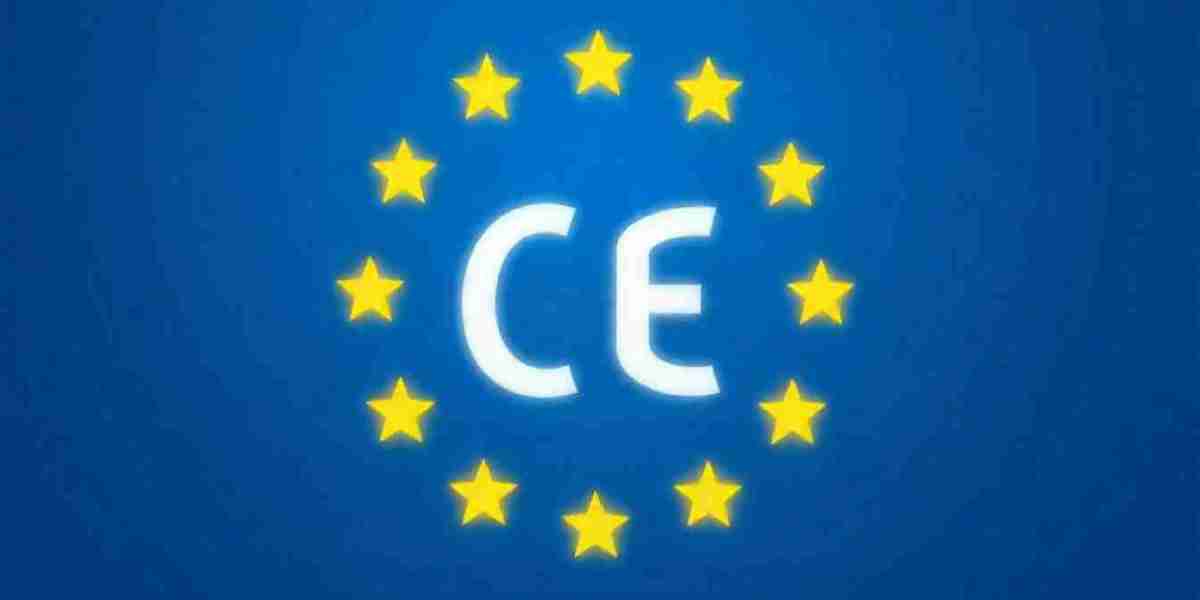What is CE Certification and Why Does It Matter?
CE certification is a crucial mark of compliance for products sold within the European Economic Area (EEA). By affixing the CE mark to a product, manufacturers declare that it meets the EU’s strict safety, health, and environmental protection requirements. For businesses looking to tap into the European market, CE certification is not optional—it’s a passport to enter and thrive in this lucrative region. Whether you’re in electronics, machinery, medical devices, or construction, the CE mark demonstrates that your product is safe, reliable, and legally compliant.
The Process Behind CE Certification
Achieving CE certification is a systematic process that begins with understanding the relevant EU directives and standards for your product. This involves identifying applicable requirements and performing a thorough risk assessment to ensure compliance. In some cases, manufacturers can self-declare conformity, but often they must work with a Notified Body—an independent organization authorized to verify compliance. Once testing and technical documentation are complete, the CE mark is applied, and the product can be sold across the EEA without additional approvals.
Benefits Beyond Compliance
While the CE mark is a regulatory requirement, it brings added value to businesses. CE-certified products have a competitive edge, as they’re trusted by European consumers and businesses alike. It also streamlines cross-border trade within Europe, removing trade barriers and reducing paperwork. CE certification reassures customers that your product meets rigorous standards, enhancing your brand’s reputation and opening doors to new partnerships. Moreover, it aligns your business with global best practices in quality, safety, and sustainability.
Challenges and How to Overcome Them
Navigating the CE certification process can be complex, especially for small businesses or those new to the European market. Common challenges include understanding intricate technical standards, compiling the required documentation, and ensuring ongoing compliance as regulations evolve. Partnering with experienced consultants or Notified Bodies can help streamline the process and ensure you’re on the right track. Investing in robust internal processes for quality and safety management also sets a solid foundation for long-term compliance.
Conclusion
In today’s interconnected market, CE certification is a key to unlocking European opportunities and building customer trust. It’s not just about placing a mark on your product—it’s about demonstrating your commitment to quality and safety. By embracing CE certification, businesses can expand their reach, enhance their brand, and position themselves for sustainable growth in the vibrant European marketplace.




